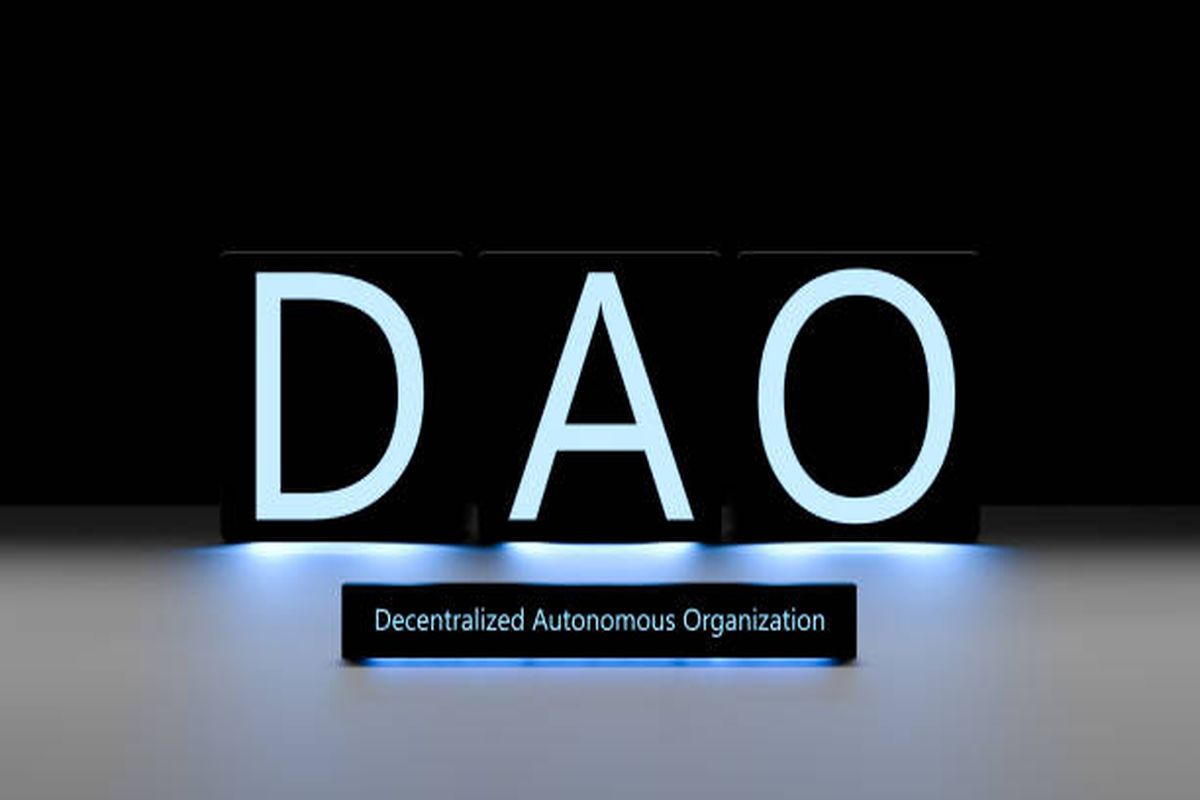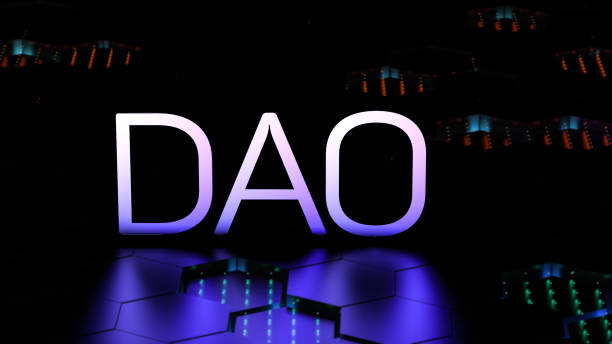Learn about DAOs, how they function, and the basics of creating your own in this comprehensive tutorial on blockchain-based decentralized autonomous organizations.
DAO Explanation
Lacking a centralized government, the DAO environment could not function with no blockchain technologies that handle membership donations and execute controls and procedures.
To participate in a DAO, individuals still must acquire the tokens that are used to pay membership fees. DASH, Augur, MakerDAO, and Decentraland are all instances of DAOs. One of the best-known DAOs has been the 1k Daily Profit cryptocurrency trading platform.
What Is The Working Structure Of DAO?
The DAO’s rules are developed by a small group of community members and implemented using smart contracts. As such, the smart contracts that form the basis of the DAO’s activities are transparent, verifiable, and publicly auditable. In this way, every prospective participant may always have a complete understanding of the protocol’s workings.
Typically, this is done by the sale of tokens issued by the protocol to refill the DAO’s treasury and continue operations. Voting rights for token holders are generally distributed proportionately to the value of their token holdings. When financing is finalized, the DAO may be launched.
Once a DAO’s code is launched, it needs Ether (ETH) to conduct transactions on the Ethereum network. To kick off the initial construction phase, ETH might well be delivered to a DAO’s cryptographic protocol account once its code has been published.
No single entity has the right to modify the DAO’s rules after the code has entered production; rather, any changes must be approved by a majority of the membership. The decision rests solely on the DAO’s token holders.
Related:DAOs Are The Foundation Of The Creator Economy, Web3, And The Future Of Work
How Does One Create A DAO?
To set up your own DAO, do as follows:
Establish a solid base.
The first thing to do is have a conversation with other people in your field to figure out why DAO is necessary, what function it will provide, and how it will operate. Human decision-making is required for the creation of a DAO to recognize the possibility, perhaps enlist co-collaborators, verify the requirement, and plan the automated and smart contract-enabled procedures.
Acquire ownership
Members of a DAO may thrive and flourish when they have a stake in its success beyond their initial investment. Since ownership in a DAO is often tokenized, it may be transferred to members in several different ways. Airdrops and incentives are the two most common ways employed by DAOs.
Create a framework for the governance
At this point, plans are created for the DAO’s decision-making process. When establishing rules for making decisions, “token-weighted voting” is by far the most prevalent approach employed. Voters have tokens, and each token is equivalent to one vote. In this model, members submit ideas using a tool like Snapshot and vote depending on the preferences of other members, and the results are automatically implemented using smart contracts.
Establish rewards and bonuses
Trust may be cultivated among DAO participants and contributors by providing them with incentives in the form of awards and perks. Members and collaborators who have ever utilized the considered DeFi protocol get native governance tokens. These tokens are used to symbolize ownership in a company, but they are worthless on the open market.
At Last
The typical individual of the future will probably not work for a business. To make ends meet, individuals will pursue less traditional means of employment, such as acquiring and developing new abilities, creating works of art, playing video games, or collecting information.
The networks that form around crypto protocols are making this alternative future of labor possible by providing a means of organizing, measuring, implementing, and rewarding contributions.









